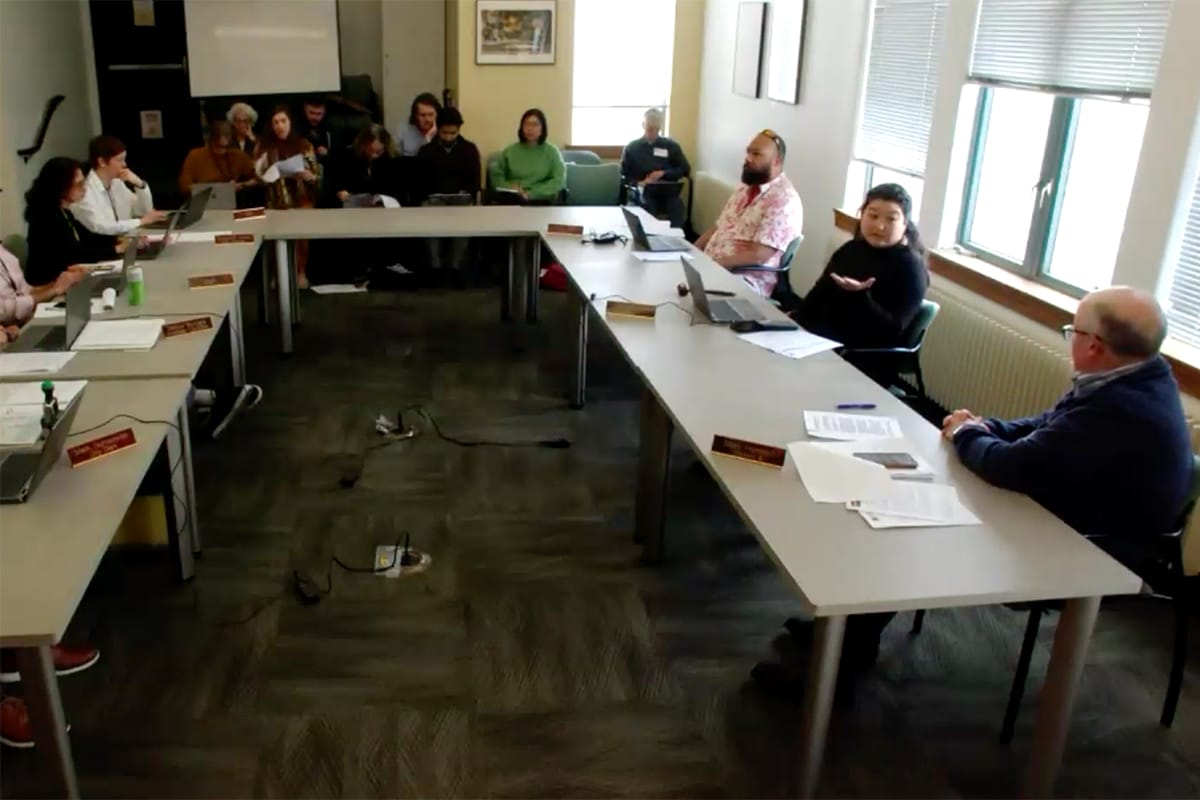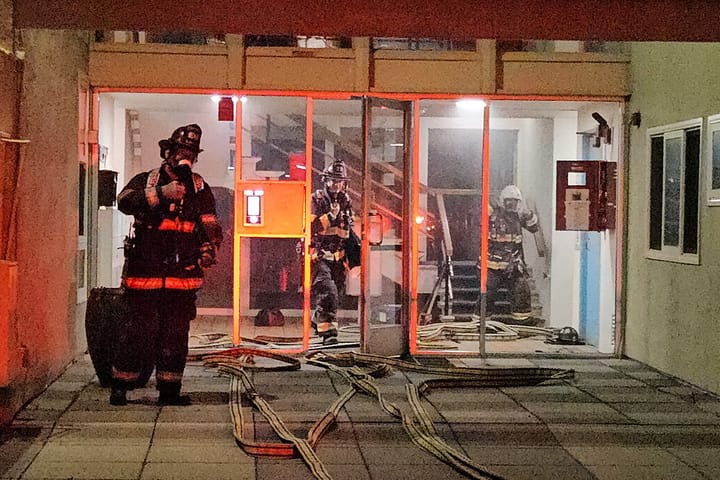Berkeley may renew push for sanctioned homeless camp
The proposal does not include a funding mechanism — and the city is already looking at a deficit in a key source for its homeless spending.

Several Berkeley officials are hoping to renew efforts to set up a sanctioned site that people experiencing homelessness could call home.
This week, Berkeley's Agenda & Rules committee reviewed a new proposal from Councilwoman Shoshana O'Keefe asking staff to come up with a list of properties that could host "an indoor/outdoor camping area, safe RV and car parking, and/or congregate or non-congregate shelter for our unhoused residents."
"The purpose is to provide a safe, clean space where unhoused community members can live, access resources, and ultimately transition to permanent housing," O'Keefe wrote. "Ideally, some of these sites would have capacity to support the relocation of an entire encampment, to preserve an existing supportive community."
The item does not provide a funding mechanism for whatever programs might be created.
O'Keefe — who put forward the item with Mayor Adena Ishii and council members Brent Blackaby and Cecilia Lunaparra — originally asked the city manager to review parks, parking lots, buildings and other sites, both public and private, to create the list of possibilities.
But the inclusion of parks immediately encountered stiff community resistance, causing O'Keefe to strike that category from the list.
"I've rarely, if ever, seen so many non-form emails about a council item while it was still just at Agenda & Rules," Councilman Mark Humbert noted Tuesday during the agenda committee discussion.
O'Keefe said she wrote the proposal after hearing widespread concern in February about a homeless encampment at Civic Center Park across from Berkeley High.
"I heard loud and clear from people across the board, all the different perspectives that were being offered, lots and lots of people asking for this," O'Keefe said, in relation to a sanctioned encampment site. "I felt a lot of anger from the public and frustration that we weren't doing more."
O'Keefe had pitched the item as part of the April 15 City Council agenda.
On Tuesday, council members Humbert and Terry Taplin said they both thought the proposal needed to be reviewed by a smaller council committee before being heard and voted on by the full City Council.
That's generally the process for "major" items that are more complex, they said, and would allow for more public input as well as a chance to hear about the work the city has already done, including any lessons learned from the Grayson Street program, which closed in 2022.
Mayor Ishii said she had "pretty strong feelings" about having the city manager's office get to work rather than sending the item to a committee first.
"The biggest piece of controversy around this was the word 'parks,' which is being removed," Ishii said. "I feel satisfied that folks aren't opposed to the item or concerned about it beyond the word 'parks.'"
"I really am concerned about losing the momentum," she added.
Humbert said he wasn't so sure.
"I think that the most controversial piece has been removed and I think people are breathing a sigh of relief," he said.
"I don't wanna get into the merits of it, but there are really arguments on both sides in terms of sanctioned encampments," he continued. "By and large, they have been unsuccessful."
Humbert said he did not believe the committee work would cause a significant delay.
The city manager's office said the proposal might be "somewhat time sensitive" depending on what sites might be considered, while also noting that the lack of funding could be its own hurdle.
"The sooner we get a list, the sooner we can have council debate the merits of the list and the sooner we can understand whether or not we'd have resources to support that list," Deputy City Manager David White told officials Tuesday.
In the end, Humbert and Taplin voted — over Ishii's objection — in favor of sending the item to the Health, Life Enrichment, Equity & Community Policy Committee for its April 23 meeting.
Berkeley has seen significant success in reducing its unsheltered homeless population in recent years by pursuing a focused approach to housing and services, largely supported by Measure P.
But that money as currently allocated is expected to run out, according to a recent staff analysis.
"If current projections remain the same, Measure P will have a 2.2 million-dollar deficit" by the end of the fiscal year, the city wrote. "Without additional revenue or program cuts, this deficit will grow to $19.8 million by the time the Measure sunsets in FY2029."
On Tuesday, Councilman Taplin asked staff to come back to the full City Council with a work session focused on what the city currently spends on programs and services related to ending homelessness, regardless of the funding source.
"It would be good to know everything we're doing, how we're doing it, how much we're spending on it, and what the revenue and funding streams are," Taplin said. "I think that would be illuminating."
Note: TBS reviewed a recording of the meeting after the fact to cover this story.




